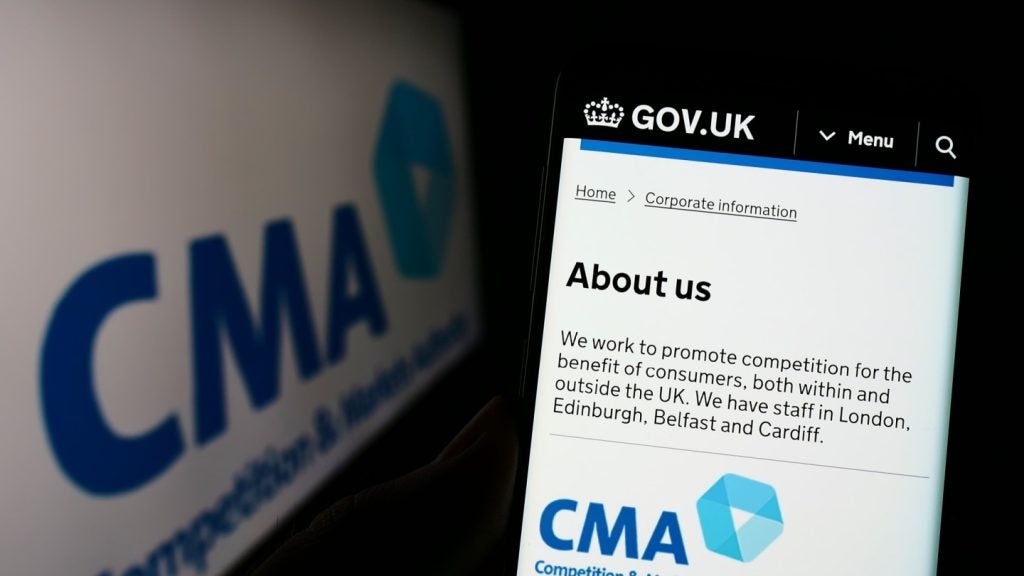
With the two year anniversary of open banking regulations in January, and the steady rollout of PSD2 rules, the world of banking is facing significant disruption as consumers demand increasingly sophisticated digital products.
Fintech challengers such as Monzo and Starling are taking advantage of this and growing rapidly in popularity, but traditional banks should also pay attention to the presence of Big Tech in this sphere.
This is according to James Buckley, head of Finacle Europe, the banking division of Infosys. He believes that the opening up of APIs, a key requirement of Open Banking, has brought with new opportunites for Google, Apple, Facebook and Amazon, and new challenges for regulators.
“The big players that are sitting out there sort of around the edge of financial services at the moment I think will start moving in a much more systemic way. So the Apples of this world, and Alibaba and Tencent,” says Buckley, who has over 25 years’ experience in the banking industry.
Big Tech banking
The ability to play an even larger role in the lives of users, as well as unlocking valuable insights from their spending habits, is an enticing prospect for Big Tech and has seen several companies pay closer attention to the financial sector in recent years.
In 2018 Apple launched a credit card in the US in partnership with Goldman Sachs and Marcus in the US. Last year Google announced it would soon start offering consumer bank accounts in collaboration with Citigroup.
How well do you really know your competitors?
Access the most comprehensive Company Profiles on the market, powered by GlobalData. Save hours of research. Gain competitive edge.

Thank you!
Your download email will arrive shortly
Not ready to buy yet? Download a free sample
We are confident about the unique quality of our Company Profiles. However, we want you to make the most beneficial decision for your business, so we offer a free sample that you can download by submitting the below form
By GlobalDataAmazon has also been offering loans to Amazon sellers since 2011, but has not yet gone into consumer banking.
Although many consumers still choose an incumbent as their main bank, shifts towards digital-only brands may translate to an increasing willingness to bank with Big Tech. According to a survey of 18 to 35-year-olds by MuleSoft, 52% would consider using banking products from either Google, Amazon, Facebook or Apple.
“We still have yet to see dramatic shifts in the markets where people will become less and less attached to their banks”, says Buckley,
“However, I think open banking is an enablement, and the sorts of organisations that are going to take advantage of the shifting patterns are likely to be the large fintechs, the Apples and the Tencents. They’re not conventional banks, but they are waiting to make massive inroads using open banking APIs and their capabilities to really change the change the goalposts.
“One thing that the conventional banks are sitting on is a critical mass of customers, together with a perception that financial services is risky, and it’s a big thing to move your bank accounts. So there is a degree of inertia. But of course, if you have the technology wherewithall, you have the open banking API capabilities and the business model, you can start to attack the big banks in a much more systemic way.”
“The biggest threat comes from these big players”
With access to realms of data and technological infrastructure, Big Tech is in a strong position to enter the world of banking. According to research by Pepper, 82% of UK consumers believe that banks are not innovating fast enough, opening up the possibility of new forms of banking.
“The biggest threat comes from these big players, because they have all the wherewithal to use open banking and PSD2 and APIs and artificial intelligence and analytics because they’re already using it for everything else”, says Buckley.
“So it’s quite easy for Apple or one of these big players to use all that information and understand context-based financial services in a faster and more superior ways than a bank. Facebook knows huge amounts about me versus a bank in terms of the way I think.
“Once you’ve got the transaction relationship for consumers hidden sitting somewhere else, all the bank will see, or the credit card will see, just blind transactions and all the relevant information about the context of the transaction. Will be sitting with WeChat. Which will mean that they understand the consumer, and the banks have become commoditised.”
Of course, currently these companies do not have banking licenses, and therefore launch financial products in partnership with organisations that do. However, Buckley believes that regulators could follow a similar route to the one taken in India, where some organisations are given a more restrictive licenses:
“I look back to India, because their regulator has gone through a different licensing pattern. So the concept of a payment bank, which is limited in what it can do, I think that type of regulatory framework will be introduced in terms of organisations. However they are sitting on huge amounts of money, sitting on huge volumes of consumers, and they have the brand to steal a march on the conventional banks.”
In this landscape, Buckley believes that some traditional banks are re-evaluating their business models in order to keep up, but this is not universal:
“It’s interesting because you have the more competitive banks looking at open banking as an opportunity as a payment service provider, as an aggregator, as the ones re-engineering the world themselves. And then you’ve got other banks who are more on the backfoot that are struggling with the minimum of exposing their API’s because the regulators say they have to do this by this time. And you’ve got some in between looking at either fintechs or looking at their own niche models that they want to build, to improve their offerings using open banking as a toolset to open up.”
When it comes to regulation, he explains that there is a risk that Big Tech could come to dominate, as has happened in other industries, and care must be taken to ensure smaller businesses are given a chance to compete:
“What [regulators] can do is make it easier for smaller players to play in the market. Because obviously, part of it is to create more competition and create a more level playing field and to allow better propositions for the consumer base.”
Read more: Coronavirus case studies: How open banking startup TrueLayer is responding to the pandemic.






